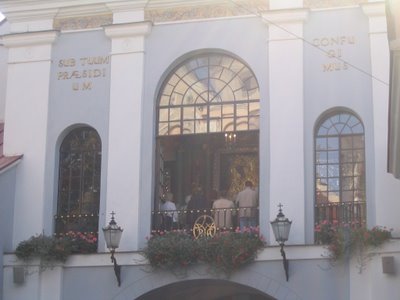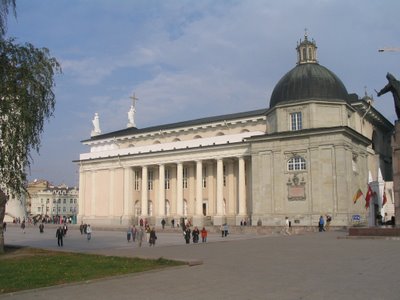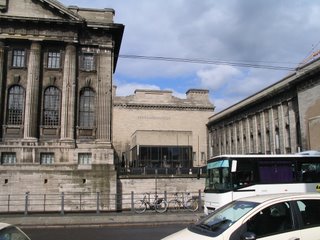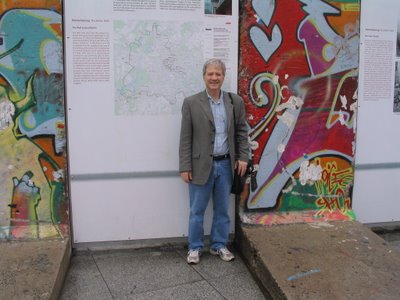The last chapter is "Metaphysical Holism and Divine Action".
She begins with a nod to a 20th century philosopher by the name of
Roy Wood Sellars. Sellars described the universe and its evolution as involving the march of ascending levels with the emergence of new properties at each level. He rejected "reductive materialism," the view that all of reality can be, in principle, reduced to the motion of atoms moving about and completely described and limited to physics calculations. Reality is thus reduced to the impersonal. All that we feel is reduced to and determined by the laws of how atoms bump and clump together. That is determinism and it dominated the Anglo-American philosophical world of the mid-twentieth century in which I grew up. He contended that there was too much emphasis on stuff and not enough on how things were organized. There are different causes and relationships and characteristics that apply to a succession of reality's levels.
The levels that Sellars countenances are the inorganic, the organic, the mental or conscious, the social, the ethical, and the spiritual(1). He is a proponent of an idea known as emergence(2).
From here philosophers, biologists, physicists, and even new age authors (3) have proceeded to develop the nature of and implications of emergence.
With each step upward in the heirarchy of biological order, novel properties emerge that were not present at the simpler levels of organization. These emergent properties result from interactions between components. A molecule such as a protein has attributes not exhibited by any of its component atoms, and a cell is certainly much more than a bag of molecules(4).
From here Murphy proceeds to discuss the concept of
supervenience. This concept, introduced in the seventies, refers to how action on a higher level specifies or controls activity on a lower level. For instance, in a biological cell it is the dynamic activities and processes in the cell that control the chemical reactions and positions of the individual molecules and cells. By analogy we can move up the ladder to higher and higher levels. For example, mental processes control or supervene the physical and electrical properties in a person's brain.
Nancy then makes the extrapolation then that if the highest level is God, then God supervenes the physical world. This allows natural laws to be in place and still functioning at all times and yet God, through supervenience, can act in the real world.
It is just a suggestion. She does not flesh the details out but suggests that this may have the potential to change the current polarization of religious dialogue. There is much work to be done.
Here, ten years since she wrote, religious thought, at least for most of the public, can still yet be easily be divided between two extremes, liberalism and fundamentalism. She hopes that the concept of emergence and postmodern philosophy and theories of language will allow thoughtful positions along a spectrum of these two extremes.
1.
N. Murphy Beyond Liberalism and Fundamentalism, p 137, Trinity Press, Harrisburg, PA. 1996.
2. Wikipedia traces the idea of emergence to John Stuart Mill. See
emergence.
3. Ken Wilber talks about this in his
The Marriage of Sense and Soul. This book traces the idea of the hierachical view of reality back in to ancient wisdom sources.
2. ibid 139 (quoted from Neil A. Campbell,
Biology, 2nd ed. (Redwood City: Benjamin/Cummins, 1990) ...Amazon has info on the 7th edition
here.








































